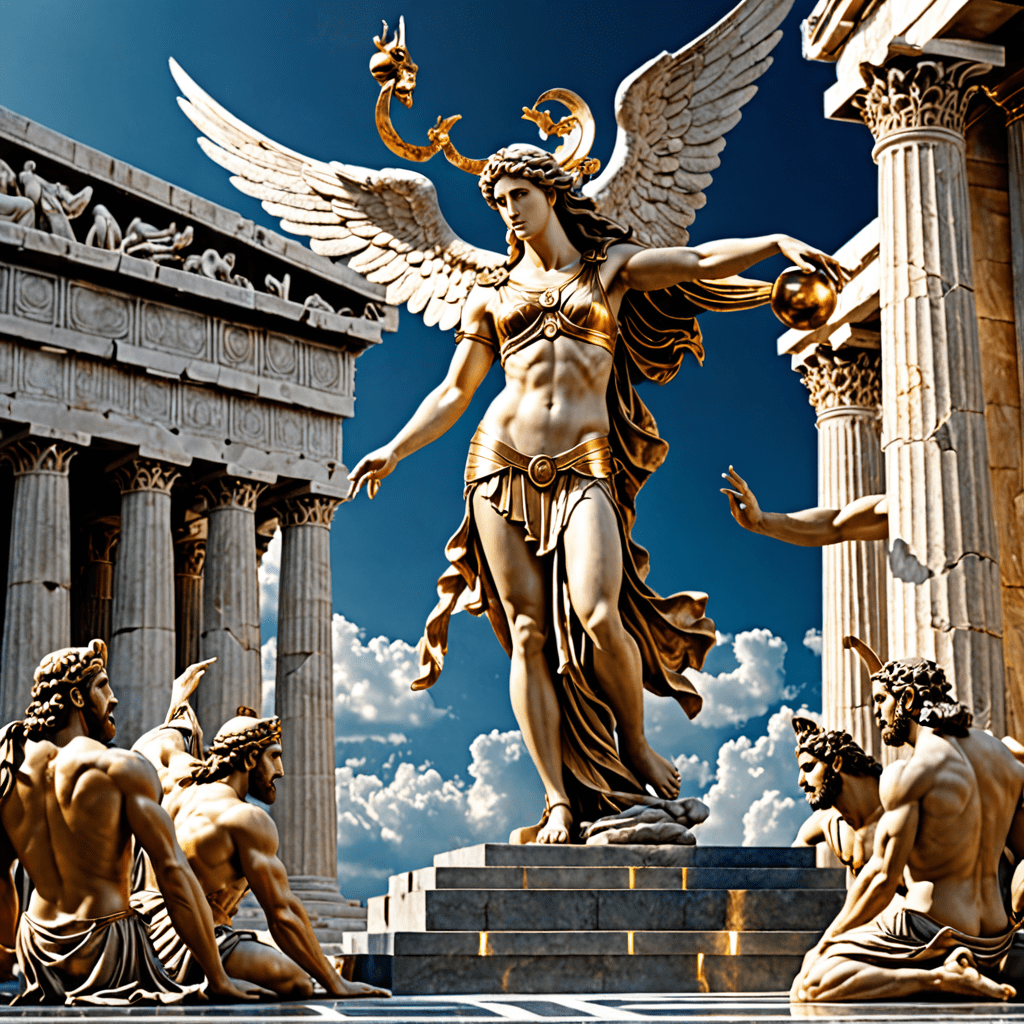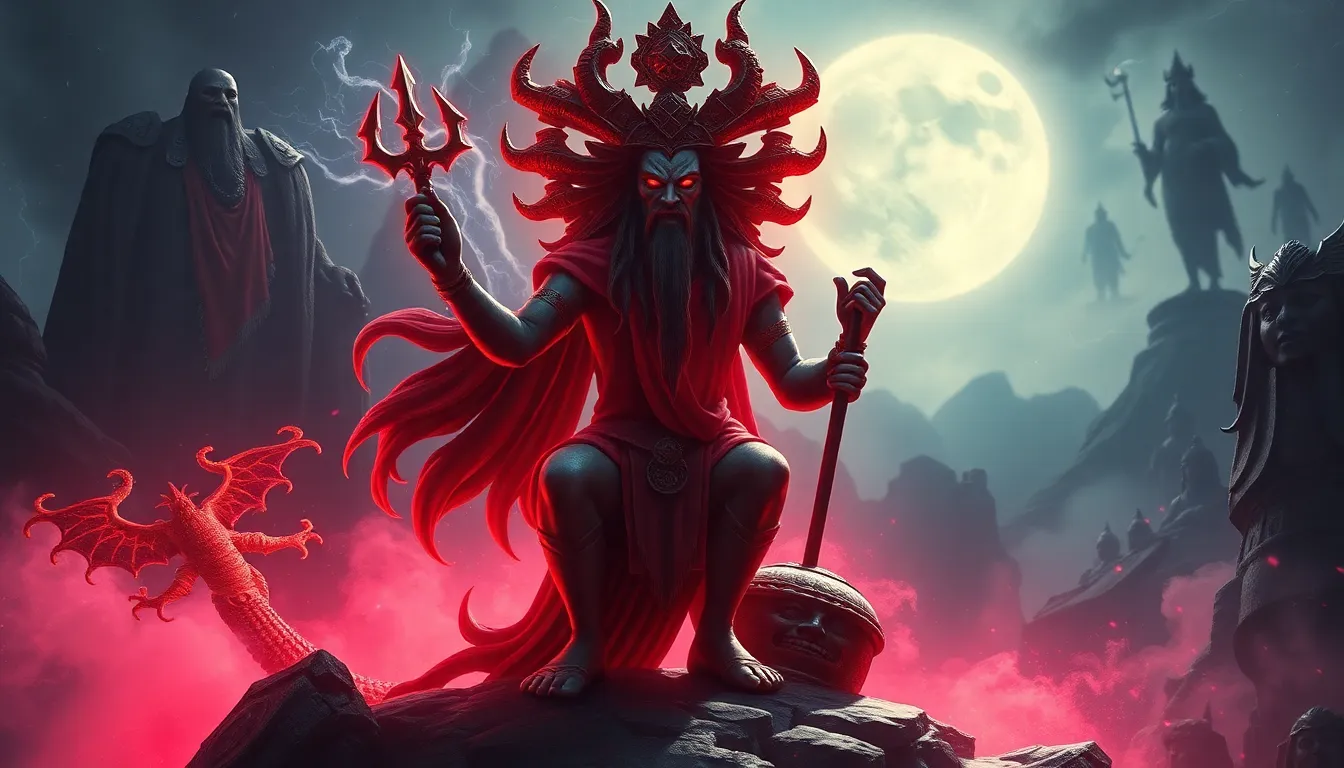Greek Mythology and the Concept of Transformation
Greek mythology is rich with tales of transformation, where gods, goddesses, and mortals undergo profound changes that often reflect fundamental aspects of the human experience. Let’s delve into the realm of Greek mythology and explore the captivating concept of transformation as portrayed in ancient myths.
The Symbolism of Transformation in Greek Mythology
In Greek mythology, transformation serves as a powerful symbol that conveys various themes such as growth, metamorphosis, and evolution. The ability of beings to change form underscores the fluid and transitory nature of life itself. One prominent example is the story of Proteus, the prophetic sea god who could shape-shift at will, representing the ever-changing facets of the future and the necessity to adapt.
Metamorphoses of Gods and Goddesses
Many Greek deities undergo transformations that mirror their domains of influence or convey lessons about the natural world. The myth of Zeus, who frequently transformed himself to woo mortal lovers or evade detection, showcases the deceptive and elusive qualities associated with power and desire. Similarly, the goddess Artemis’s metamorphosis of Actaeon into a stag serves as a caution against trespassing on sacred spaces.
Heroes and Mortals in Transition
Mortal figures in Greek mythology also experience transformative journeys that reflect personal growth, trials, and revelations. The tale of Narcissus, who transforms into a flower as a result of his self-absorption, warns of the consequences of excessive vanity and superficiality. On the other hand, the hero Perseus’s transformation from a vulnerable youth into a courageous slayer of monsters symbolizes the transformative power of facing fears and overcoming challenges.
The Legacy of Transformation in Modern Interpretations
The notion of transformation in Greek mythology continues to inspire contemporary literature, art, and popular culture, serving as a timeless metaphor for the internal and external changes that individuals undergo in their lives. By exploring these enduring myths, we can gain insights into the complexities of existence, the human psyche, and the eternal quest for personal and spiritual growth.
FAQs about Greek Mythology and the Concept of Transformation
What is Greek Mythology?
Greek Mythology refers to the body of myths and tales originating from ancient Greece, featuring gods, goddesses, heroes, and mythological creatures. These myths often explain the origins of the world and natural phenomena.
How does Transformation play a role in Greek Mythology?
In Greek Mythology, transformation is a recurring theme where deities or mortals undergo significant changes in form, character, or identity. This concept often symbolizes growth, metamorphosis, or divine intervention in the lives of the characters.
Can you provide examples of Transformation in Greek Mythology?
Sure! Examples include Zeus transforming into animals to seduce mortal women, like Europa and Leda. Another famous example is the myth of Daphne transforming into a laurel tree to escape the pursuing Apollo. These transformations reflect various aspects of human experiences and emotions.



